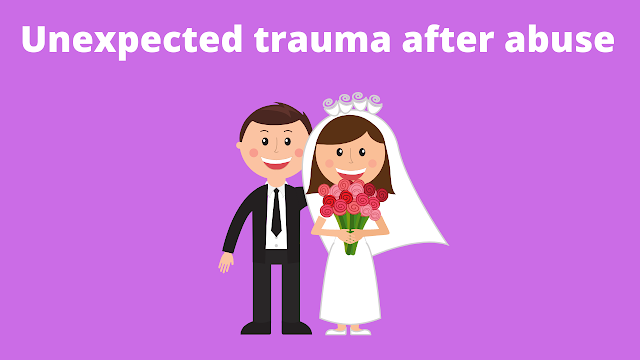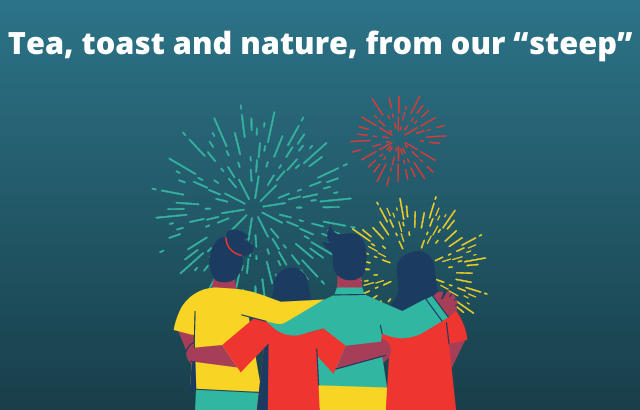Unexpected trauma after abuse
Codewareness robs us of a self and love. We have learned to hide who we really are, because we have grown up, rebelling against dissatisfied parents, or withdrawing. It’s set up for our trauma. As adults, even if we succeed in some cases, our emotional life is not easy. The search for protection and love, most of us fight to get into or out of relationships. We can be in an unhappy or abusive relationship or try to do something painful. Many of us will simply be content to get rid of ongoing anxiety or frustration.
Trauma after a breakup
But leaving a relationship is not the end of our problem. Grief, remorse, and sometimes guilt often accompany new joys and pleasures at first. We can still love the person we are grateful for. We can’t talk to expatriate friends or relatives, even still our favorite or worried children. This is an unexpected loss to embrace.
Without any communication, the pain does not necessarily end. The trauma of torture is not over. Our self-esteem has certainly been damaged. We may lack confidence or feel unnecessary. Objections can be continued with new relationships or by family members, by ex-parents, by co-parents, or through abused or armed children.
As difficult as it was to sever an abusive relationship, it can still afflict us (sometimes even after the abuser dies). One day, almost a decade later, we learn that our next traumatic stress disorder is PTSDâ € থেকে Traumatic trauma can take us away from the traces of trauma from our nightmares and risk-taking or hesitation to fall in love again. It’s not easy to “leave” to do better.
Fear of re-experience misuse, abandonment or loss of our autonomy makes many code-based counter-dependent. Yet, our inability to be alone and/or self-esteem can make us a bad choice again. Because of fear we can settle for a “safe” person who is not right for us and with whom we never make a commitment.
But despite our intentions, we still reconnect and find it difficult to leave. We do not believe in ourselves and do not think that the problem lies between us or our partner and although we have promised never to let anyone abuse us again, some of us may be betrayed, abandoned or abused once more. We did not expect it. We have to go again.
This cycle of abandonment can frighten us into intimacy. If we choose to be alone, the requirements for our love and intimacy become ineffective. Loneliness can be a cause of toxic shame from childhood when we are alone and do not feel love or affection. It may seem that there is no hope or relief from our misfortune.
Code of Dependency
After coming out of denial, setting boundaries with courage, and leaving unhealthy or offensive relationships, we did not expect to face the core of self-reliance. Our code-based symptoms are dealing with a process that masked our fundamental challenge:
How to fill our emptiness and loneliness with self-love.
As part of this, it reflects the human condition, but for self-reliant individuals, these feelings are involved in trauma o our insecurity, self-isolation and lack of self-love and self-nurturing skills due to addiction-related addictions and habits that recur our emotional pain.
Real recovery
Just as addicts tend to an addiction to avoid unpleasant feelings, self-reliant people tend to focus on others or focus on a relationship as a source of well-being and want to lose themselves. If we often stop doing it without liking it, we may discover feelings of frustration and loneliness and emptiness due to isolation or rejection that we have avoided as well. We rely on our code until we solve our deepest pain.
Healing requires us to concentrate our vision and learn to be our own friend because our relationship with ourselves is the template of all our relationships.
With some insight, we discovered that we were not quite self-critical and self-empathetic. In fact we are going through abuse alongside us. This is actually a positive revelation. Our goal is clear: Learn to relate to yourself in a healthy way. Our tasks are:
- Reproduce our connection to our guidance system to € to our internal signaling guidance to keep confidence in yourself.
- Identify and respect our needs and feelings.
- Our care and comfort. Self-love meditation.
- Meet our needs
- Healing our shame and our genuine recognition.
- Take charge of our pain, safety and joy.







0 Comments
If you have any doubts, Please let me know.
Emoji